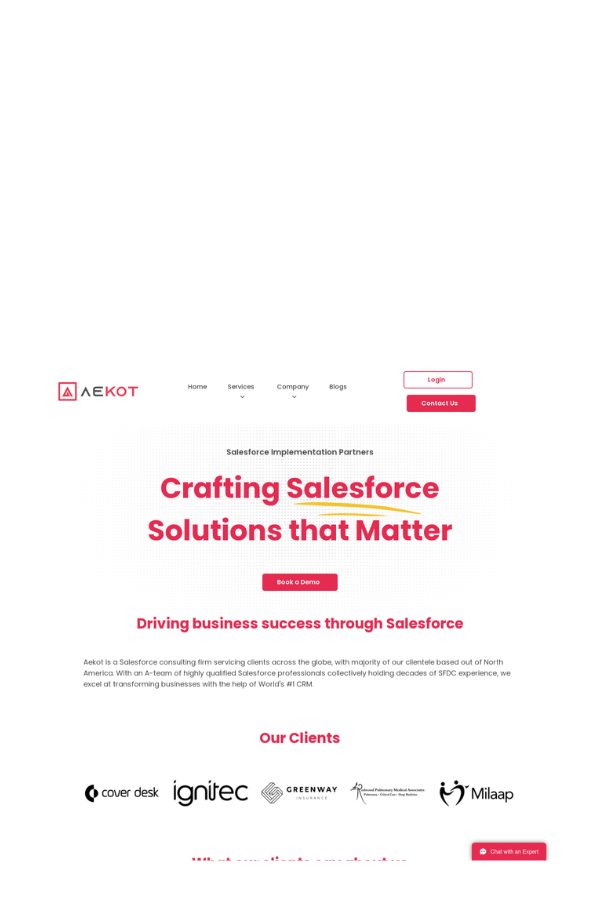Executive Summary
A pioneering charity dedicated to supporting individuals affected by facial palsy faces the challenge of providing timely and relevant assistance to over 345,000 annual users, many of whom are in distress. With a vast repository of information—947 pages in total—the existing website search functionality was inadequate. The integration of Microsoft Copilot represents a transformative step in improving patient service, operational efficiency, and overall impact.
Problem Statement
Patients and healthcare professionals frequently visit the charity’s website seeking critical information about facial palsy. However, the existing search functionality was cumbersome, often requiring users to sift through irrelevant results, thereby increasing frustration during vulnerable times. With over 60 potential causes of facial palsy, the urgency for accurate, accessible information is paramount. Misdiagnoses are common, with 27.4% of patients initially misidentified, highlighting the need for immediate, precise guidance.
Objectives
- Enhance User Experience: Improve the speed and accuracy of information retrieval for patients and medical professionals.
- Increase Operational Efficiency: Free up staff resources from answering routine queries, allowing them to focus on more complex patient needs.
- Inform Strategy and Decision-Making: Utilize data analytics to understand user needs and improve content offerings.
- Improve Patient Outcomes: Reduce misdiagnosis rates and improve the timely delivery of information, potentially saving lives.
Proposed Solution
The implementation of Microsoft Copilot, an advanced AI solution, will allow the charity to:
- Deliver real-time, context-aware responses to user queries.
- Navigate and sift through extensive information to surface the most relevant resources instantly.
- Provide insights into user interactions, allowing for informed adjustments to content and services.
Benefits
- Improved User Satisfaction:
- Patients and healthcare professionals will receive tailored, timely information, significantly enhancing their experience on the website.
- Copilot reduces user stress by providing immediate answers, crucial for individuals who may be experiencing distress.
- Operational Efficiency:
- The small staff can redirect their focus towards critical support tasks rather than repetitive query handling.
- Enhanced efficiency leads to a better ‘admin to pound’ ratio, maximizing resource allocation for patient support initiatives.
- Data-Driven Insights:
- Analytics from Copilot interactions will highlight common concerns and questions among users, informing content strategies and resource allocation.
- This data-driven approach enables continuous adaptation and improvement of offerings.
- Enhanced Patient Outcomes:
- Timely access to accurate information can lead to more informed patients and healthcare providers, potentially reducing misdiagnosis rates and improving treatment outcomes.
- The AI-driven tool can educate users about critical conditions and encourage them to seek timely medical interventions when necessary.
Financial Impact
- Cost Savings: By streamlining operations and reducing the need for extensive support, the charity can allocate more funds towards patient services.
- Increased Donations and Funding Opportunities: Demonstrating innovation and efficiency through the use of AI can attract new donors and funding partners interested in supporting technologically advanced health initiatives.
Conclusion
The integration of Microsoft Copilot into the charity’s digital ecosystem is a strategic move that not only addresses immediate operational challenges but also positions the organization for future growth and impact. By enhancing the user experience, increasing operational efficiency, and improving patient outcomes, the charity can continue to fulfill its vital mission in an increasingly effective manner. Embracing AI, data, and analytics is not just a technological upgrade; it is a commitment to better serve the community and improve the lives of those affected by facial palsy.


